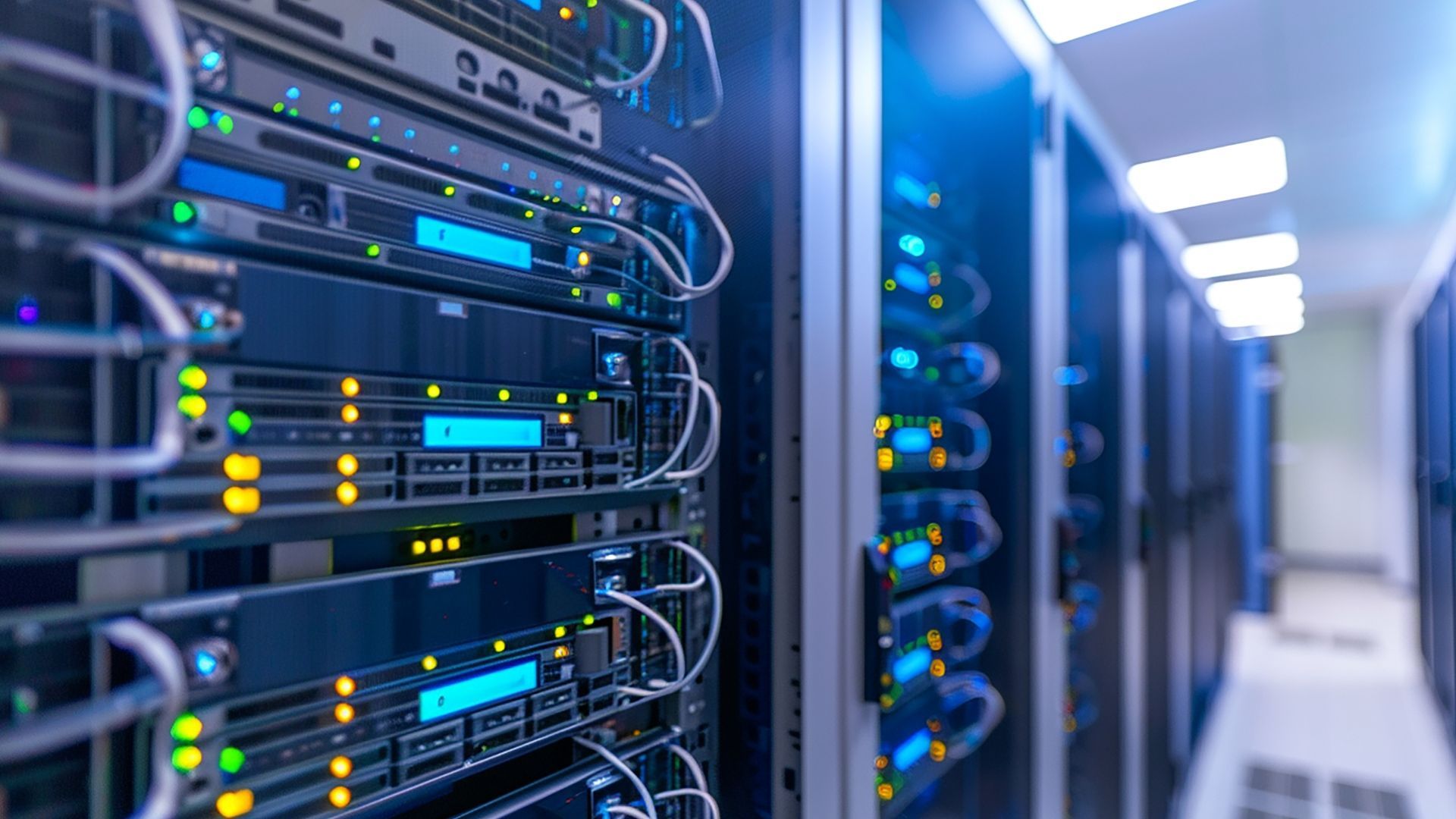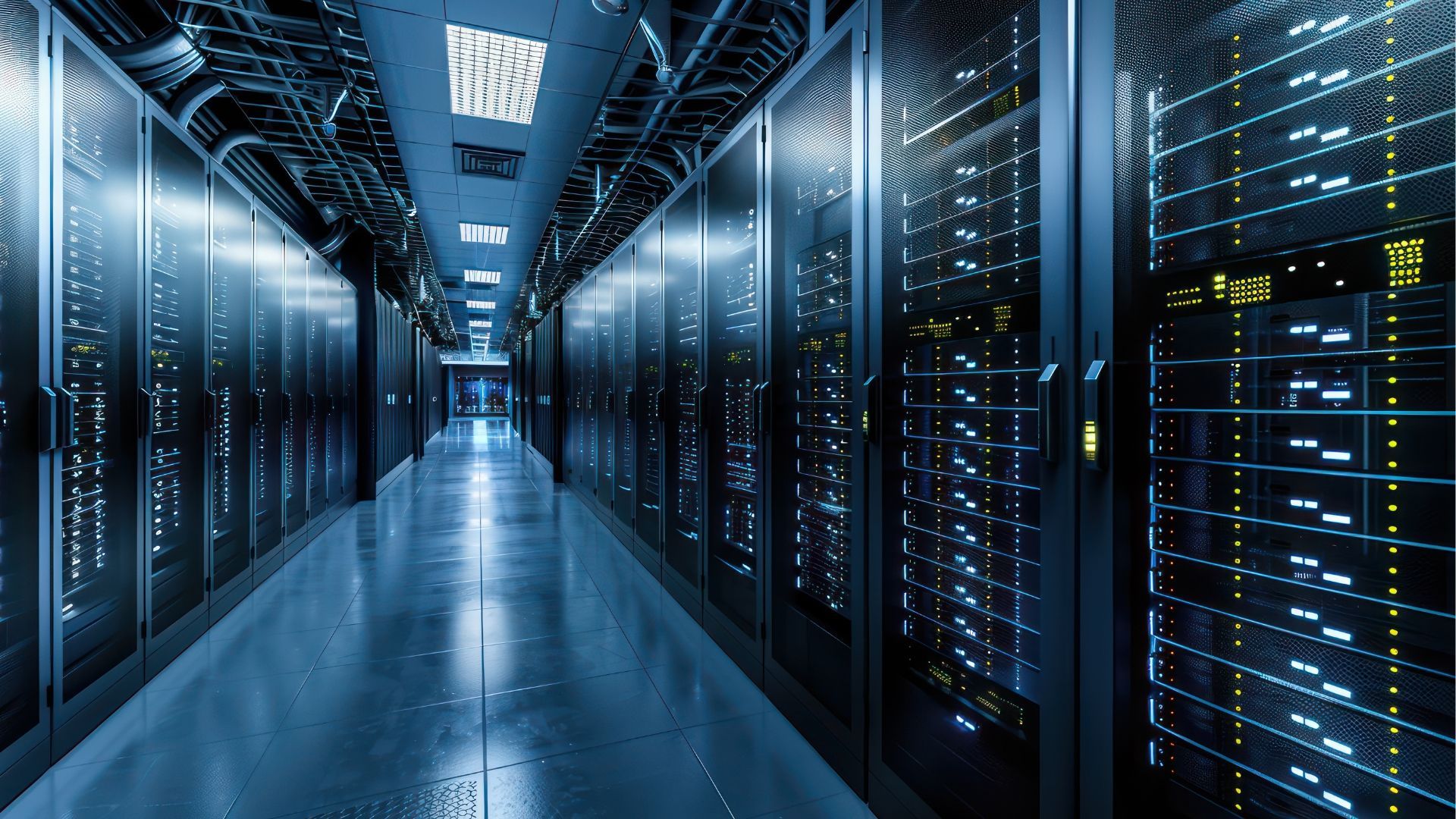What is ubiquitous computing?
What is ubiquitous computing and how does it tie in with software-as-a-service and other cloud technologies? Join us for a deep dive into the topic.
Look up "ubiquitous" in the dictionary and you'll get some variation on the following: "existing or being anywhere, especially at the same time; omnipresent".
The phrase "ubiquitous computing", then, might conjure up images of walls covered with touchscreens – a fantasy which could strike you as dystopian or desirable. Or it could make computing sound like an omnipresent deity.
But we're talking about something much more granular – less a bank of CCTV screens or vengeful god, more an interconnected system of micro-computers.
These could be objects like smartphones, smartwatches, smart refrigerators and the rest. You don't need to be sat at your desk to use the internet – you can use it via a range of objects.
Of course, this isn't a million miles from life in the developed world, where the majority of people have a supercomputer in their pocket. But the concept can go further – much further.
In this article, we look at how ubiquitous computing could develop and how it relates to cloud technologies.
A very brief history of ubicomp
The phrase "ubiquitous computing" was coined by computer scientist Mark Weiser around 1988 when he was working at PARC (the Xerox Palo Alto Research Center). He and collaborator John Seely Brown formulated the concept in a number of papers.
One of the very first examples of ubiquitous computing was Natalie Jeremijenko's "Live Wire" or "Dangling String". She was artist-in-residence at PARC and created an art installation in which a piece of string twitched in response to internet traffic.
Dangling strings are unlikely to play a part in the world of ubiquitous computing that may lie ahead – but in its exploration of remote internet connections and miniature computing, "Live Wire" was an important early stepping-stone.
How far are we from ubiquitous computing?
Yes, many of us are now connected by mini-computers in the form of smartphones. But we can't access these anytime, anywhere. Compare this to Manuel Castells' vision of "billions of miniature, ubiquitous inter-communication devices… spread worldwide, 'like pigment in the wall paint'".
What are these devices? Weiser put forward three main types, all of which are miniature flat devices with visual displays. These are wearable tabs, hand-held pads and interactive display boards.
These have been realised after a fashion as smartwatches, VR headsets and touchscreens. And smart home systems like Amazon Echo and Google Home are also mini-computers that allow us to interact differently with our environment – setting the temperature, for instance, or dimming the lights.
But we're still a long way off from Weiser's
vision of "an increasing number of devices being present in any given room in which there would be many different sizes of device".
Most of us are still restricted by the number of devices available. But as these technologies become more popular, they're also likely to become cheaper – and we may end up in a society where a smart refrigerator is as common a sight as a smart meter.
This is what people refer to as "the internet of things" (IoT). A world where your watch, your fridge and your thermostat all are gathering and sharing data.
What role does software-as-a-service play in ubiquitous computing?
Software-as-a-service (SaaS) can play a significant role in ubiquitous computing and the IoT by providing a platform for the deployment, management and maintenance of IoT devices and systems.With SaaS, organisations can easily access, monitor and manage their IoT devices and systems remotely.SaaS allows for this deployment to happen in a way that's both cost-effective and scalable. Organisations can deploy IoT devices and systems in a pay-as-you-go fashion, eliminating the need for large upfront investments in hardware and software.
Is ubiquitous computing the same as cloud computing?
The ability to connect to the internet from any device, anywhere – aren't we just talking about the cloud?Ubicomp and the cloud are certainly related. Both involve the integration of technology into everyday objects and environments. But they're not the same thing.
Ubiquitous computing is where computing technology is integrated into everyday objects and environments to make them more interactive and responsive ("Alexa, answer the call").
Cloud computing, by contrast, is a means of delivering services. These could include servers, storage, apps, software or networking – essentially any computing function which has been virtualised on the cloud.
The two concepts are related, too, because ubiquitous computing devices and systems often rely on cloud computing services to function.
An example of this is a smartwatch. As you go about your daily business, your smartwatch can count your steps and then use cloud computing to store and analyse that data. Similarly, a smart home system like Alexa or Google Home can use cloud computing to store and retrieve data to facilitate the remote control of home appliances.
In these instances, smart devices act as edge devices and cloud computing services act as the central point where data is processed and analysed.
What next for ubiquitous computing?
Making predictions about ubiquitous computing brings to mind Douglas Adams' quote in The Salmon of Doubt:"Trying to predict the future is a mug's game. But increasingly it's a game we all have to play because the world is changing so fast and we need to have some sort of idea of what the future's actually going to be like because we are going to have to live there, probably next week."
We're almost certainly going to see an increase in the use of smart devices both inside and outside the home. Whether it will resemble Project Oxygen's
vision of human-centred computation that's "as pervasive as air" – well, we shall see.
At Ascend, we provide powerful
cloud solutions that can help you deliver SaaS – and bring you closer to ubiquitous computing. With more than 400 successful cloud migrations under our belt, we can promise a tailor-made service that helps you realise your vision without unnecessary downtime. Interested? Please don't hesitate to
get in touch.












